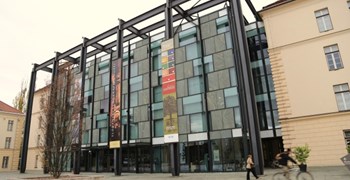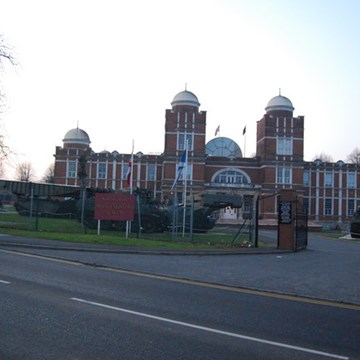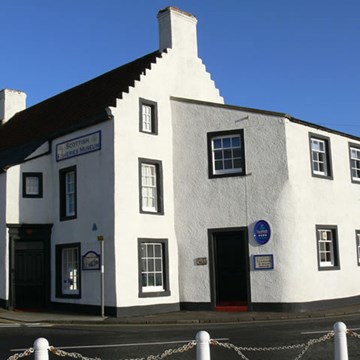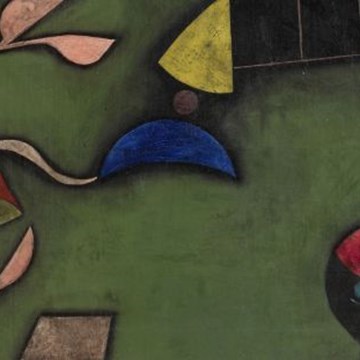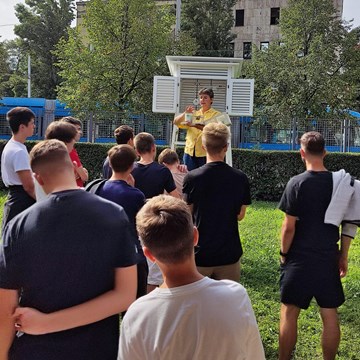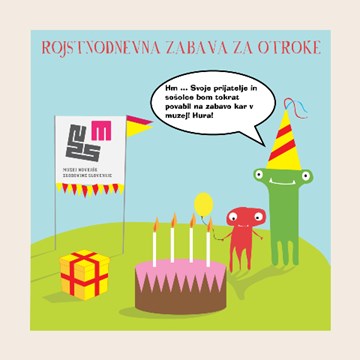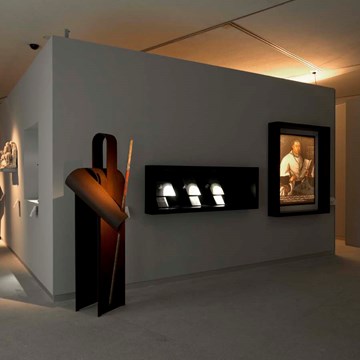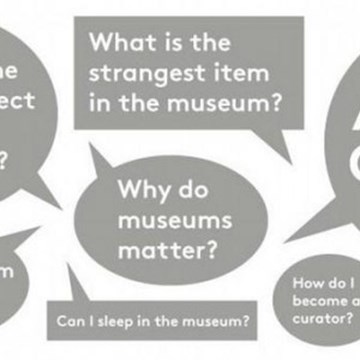Mahatma Gandhi - A Life in Photographs
Days of India in Slovenia in collaboration with Embassy of India
On the exhibition there will be on view 50 photos from the life of Mahatma Gandhi, one of the most influential people of the 20th century.
Biography of Mahatma Gandhi
1869
Mohandas Karamchand Gandhi is born in Porbandar in Gujarat.
1893
Gandhi leaves for Johannesburg for practicing law and is thrown out of a first class bogie because he is colored.
1906
Mohandas K. Gandhi, 37, speaks at a mass meeting in the Empire Theater, Johannesburg on September 11 and launches a campaign of nonviolent resistance (satyagraha) to protest discrimination against Indians. The British Government had just invalidated the Indian Marriage.
1913
Mohandas Gandhi in Transvaal, South Africa leads 2500 Indians in defiance of the law, they are violently arrested, Gandhi refuses to pay a fine, he is jailed, his supporters demonstrate. On November 25, and Natal police fire into the crowd, killing two, injuring 20.
1914
Mohandas Gandhi returns to India at age 45 after 21 years of practicing law in South Africa where he organized a campaign of “passive resistance” to protest his mistreatment by whites for his defense of Asian immigrants. He attracts wide attention in India by conducting a fast - the first of 14 that he will stage as political demonstrations and that will inaugurate the idea of the political fasting.
1930
A civil disobedience campaign against the British in India begins March 12. The All-India Trade Congress has empowered Gandhi to begin the demonstrations (see 1914). Called Mahatma for the past decade, Gandhi leads a 165-mile march to the Gujarat coast of the Arabian Sea and produces salt by evaporation of sea water in violation of the law as a gesture of defiance against the British monopoly in salt production.
1932
Gandhi begins a "fast unto death" to protest the British government's treatment of India's lowest caste "untouchables" whom Gandhi calls Harijans - "God's children." Gandhi's campaign of civil disobedience has brought rioting and has landed him in prison, but he persists in his demands for social reform, he urges a new boycott of British goods, and after 6 days of fasting obtains a pact that improves the status of the "untouchables" (Dalits)
1947
India becomes free from 200 years of British Rule. A major victory for Gandhian principles and non-violence in general.
1948
Gandhi is assassinated by Nathuram Godse, a Hindu fanatic at a prayer meeting.
Exhibitions and events

Between Nature and Culture
Permanent exhibitionThe treasure house of Slovene and non-European heritage of the everyday and the festive Man as part of nature and as a civilised being marks in his own way the objects he has made in order to...

I, We and Others: Images of my World
Permanent exhibitionThe permanent exhibition Between Nature and Culture presents the Slovene and non-European cultural heritage held in the Slovene Ethnographic Museum's collections. The exhibition I, We and Others:...
Activities from this museum

Ogled razstav in ustvarjanje
Po dogovoru tudi za dijake za poglobitev določene teme pripravljamo ustvarjalne...
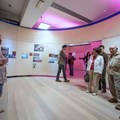
Ogled razstave Jaz, mi in drugi: podobe mojega sveta in interaktivni program
Dijaki vsebino posameznih razstavnih poglavij spoznavajo z enim od tematskih...

Vodeni ogled razstave Jaz, mi in drugi: podobe mojega sveta
Svojevrstna razstava govori o človeku in njegovem umeščanju v svet....

Vodeni ogled razstave Med naravo in kulturo
Dijaki spoznavajo stike Slovencev z zunajevropskimi kulturami ter preko...

Vodeni ogled razstave Med naravo in kulturo
Z izbranimi predmeti na razstavi dijake popeljemo v življenje naših...
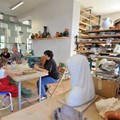
Ustvarjamo v glini
Ustvarjalna delavnica v Lončarskem ateljeju SEM.

Odsev daljnih svetov
Pestrost kulturne dediščine zunajevropskih ljudstev učenci spoznavajo...
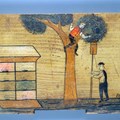
Skrb za etnološko dediščino v muzeju
Kaj se dogaja s predmeti, ko postanejo muzealija. Kdo in kako skrbi za...

Ogled razstave Med naravo in kulturo in ustvarjalna delavnica
Ogled muzejskih zbirk je dopolnjeno z spoznavanjem posameznih predmetov iz...

Ogled razstave Med naravo in kulturo in ustvarjalna delavnica
Ogled muzejskih zbirk je dopolnjeno z spoznavanjem posameznih predmetov iz...
